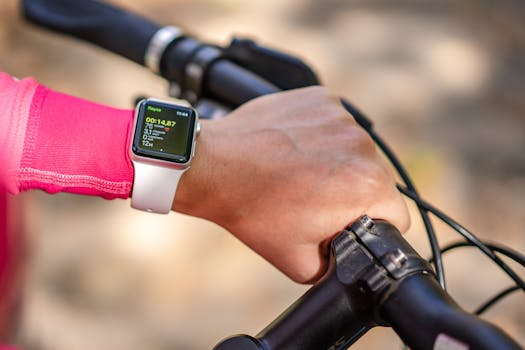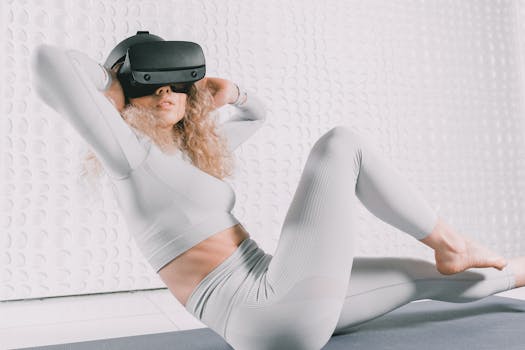
Table of Contents
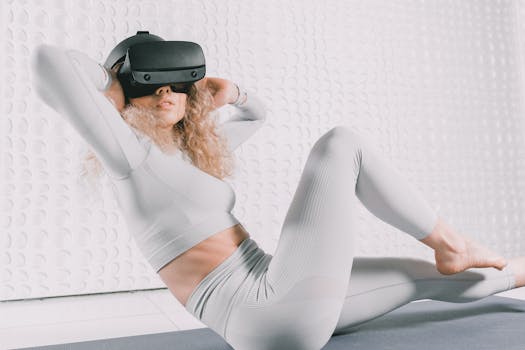
- Smart Home Devices
- Health Wearables
- Virtual Reality for Wellness
- Sustainable Technologies
- AI Personal Assistants
Smart Home Devices
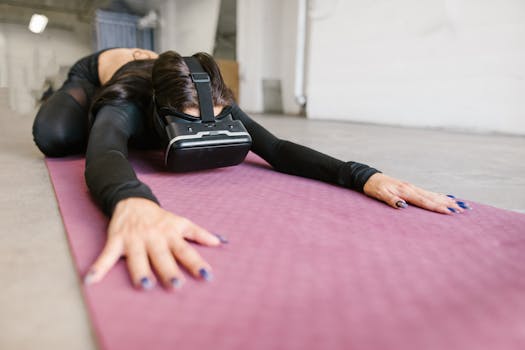
Smart home devices are at the forefront of technology that enhances everyday living. These devices allow for automation and remote control of various aspects of your home, leading to increased convenience, security, and energy efficiency. From smart thermostats that learn your heating preferences to security cameras you can monitor from your smartphone, the benefits are undeniable.
For instance, smart lighting systems can adjust based on the time of day or your presence in the room, allowing for better energy management and mood enhancement. Additionally, smart kitchen appliances can streamline cooking processes, making meal prep faster and easier. The integration of these technologies not only saves time but also promotes a more sustainable lifestyle by reducing waste and energy consumption.
As the IoT (Internet of Things) continues to evolve, the potential for smart home technology will only expand, offering even more ways to simplify our lives and create a personalized living experience.
Health Wearables
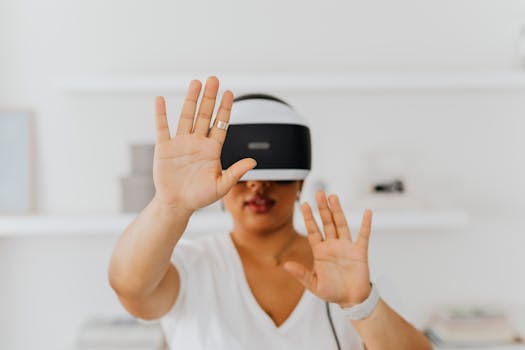
Health wearables have gained immense popularity and for good reason. Devices like smartwatches and fitness trackers provide real-time health data that can significantly impact your lifestyle. They monitor heart rates, sleep patterns, and physical activity, enabling users to make informed decisions about their health.
With the ability to track your daily steps, calories burned, and even stress levels, these wearables encourage a more active and health-conscious lifestyle. Many devices also feature reminders to move or take breaks, which can be beneficial for those with sedentary jobs. Furthermore, some advanced wearables offer ECG readings and blood oxygen levels, providing insights that can help users manage chronic conditions.
As technology advances, we can expect even more innovative features that will integrate seamlessly into our daily routines, making health management easier and more effective.
Virtual Reality for Wellness
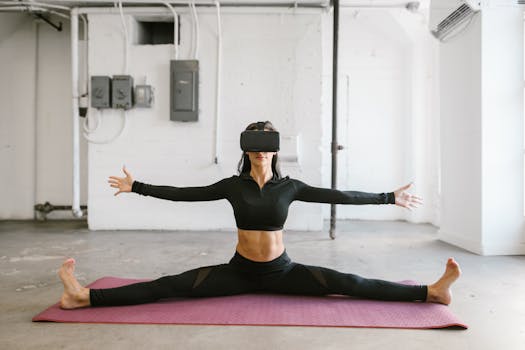
Virtual reality (VR) technology is not just for gaming; it has emerged as a powerful tool for wellness and relaxation. VR experiences can transport users to calming environments, aiding in stress relief and mental well-being. Programs designed for guided meditation, yoga, or even therapeutic settings allow individuals to escape the pressures of daily life.
Moreover, VR can be utilized in physical rehabilitation, helping patients engage in therapeutic exercises in a more enjoyable and immersive way. By gamifying the rehabilitation process, patients may feel more motivated to participate, leading to better outcomes.
This technology has the potential to transform how we approach mental health and physical therapy, making wellness more accessible and engaging.
Sustainable Technologies
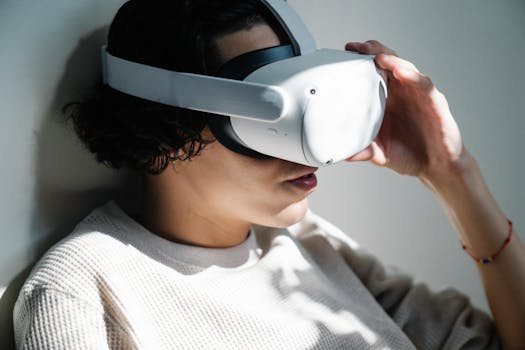
As society becomes more aware of environmental issues, sustainable technologies are increasingly important. Innovations such as solar panels, energy-efficient appliances, and eco-friendly transportation options are helping individuals reduce their carbon footprint and live more sustainably.
Smart grids and energy management systems allow homeowners to monitor and control their energy usage, promoting conservation and efficiency. Additionally, electric vehicles (EVs) are changing the way we think about transportation, providing a cleaner alternative to traditional fossil-fuel-powered cars.
These technologies not only contribute to a healthier planet but also often lead to cost savings in the long run, making them a wise choice for both the environment and your wallet.
AI Personal Assistants
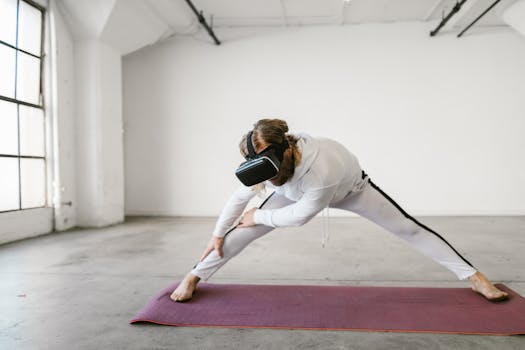
AI personal assistants, such as Amazon’s Alexa, Google Assistant, and Apple’s Siri, are revolutionizing how we manage our daily tasks. These smart assistants can help with everything from setting reminders and scheduling appointments to controlling smart home devices and providing information at a moment’s notice.
The convenience of voice-activated technology allows users to multitask efficiently, whether they’re cooking dinner or driving. Furthermore, as AI continues to learn and adapt to individual preferences, these assistants are becoming increasingly personalized, making them invaluable tools for time management and productivity.
With the integration of AI into our lives, the possibilities for enhanced organization and efficiency are limitless, paving the way for a more streamlined and enjoyable lifestyle.

